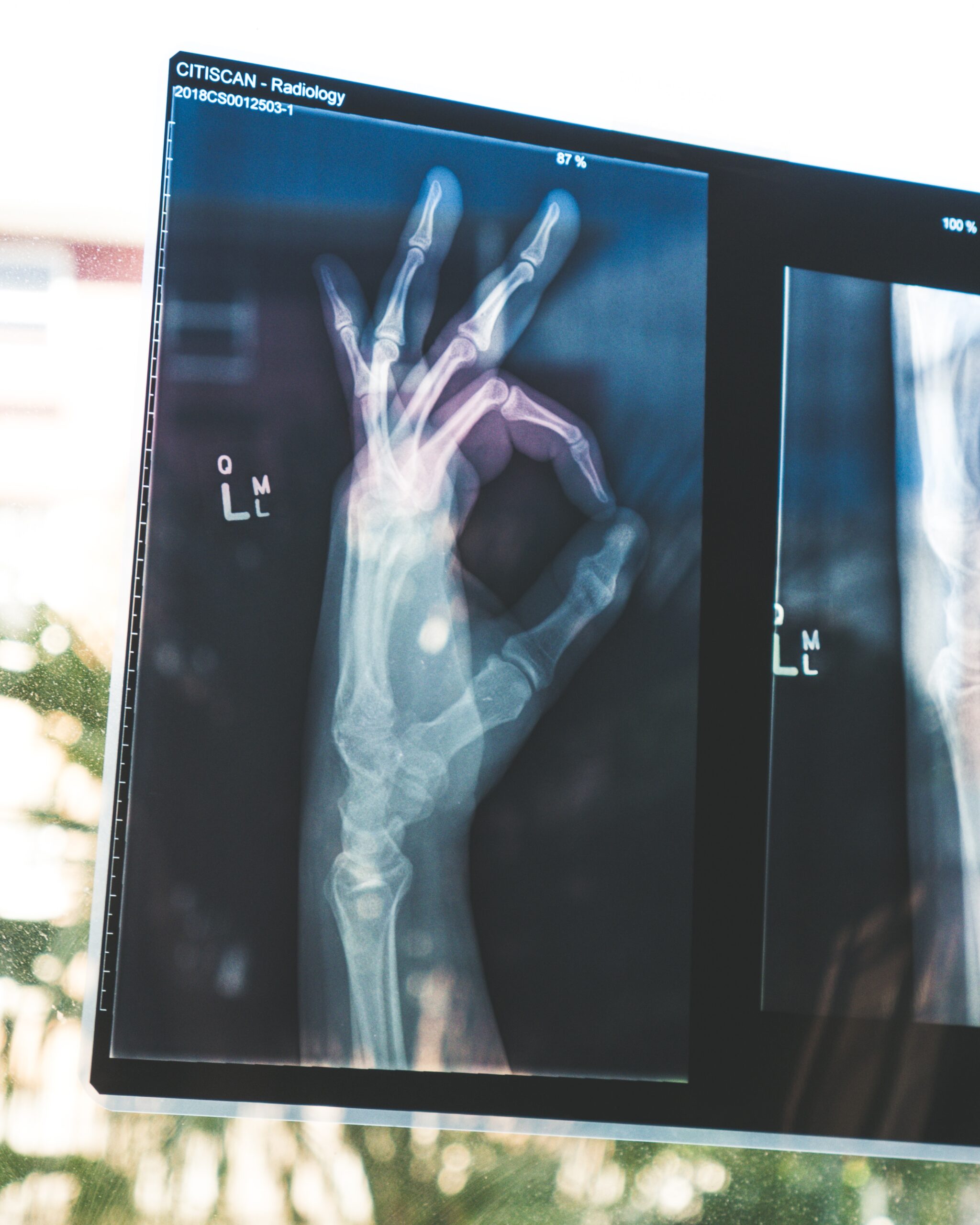Have you ever wondered if stress can worsen prostate symptoms? In this article, we explore the potential connection between stress and prostate symptoms, shedding light on how the two may be intertwined. While stress is a common occurrence in our daily lives, it's important to understand its potential impact on our health, particularly when it comes to prostate-related concerns. By gaining a deeper understanding of this potential relationship, we can take steps towards managing stress and potentially improving prostate symptoms.

Understanding Prostate Conditions
Anatomy and function of the prostate
The prostate is a small gland located below the bladder and in front of the rectum. Its primary function is to produce seminal fluid, which nourishes and protects sperm during ejaculation. The prostate gland is an integral part of the male reproductive system, and any abnormalities or conditions affecting it can have a significant impact on a man's health.
Common prostate conditions: Prostatitis, BPH and Prostate Cancer
Prostatitis, benign prostatic hyperplasia (BPH), and prostate cancer are among the most common prostate conditions experienced by men. Prostatitis refers to the inflammation of the prostate gland, which can occur due to bacterial infection or noninfectious causes. BPH, on the other hand, involves the enlargement of the prostate, leading to urinary difficulties. Lastly, prostate cancer is a malignant condition characterized by the uncontrolled growth of abnormal cells in the prostate gland. Early detection and management of these conditions are crucial for maintaining prostate health.
Signs and Symptoms of Prostate Conditions
Pain and discomfort
Prostate conditions often exhibit symptoms of pain and discomfort in the pelvic area. Men may experience a persistent dull ache or sharp pain in the lower abdomen, groin, or lower back. This discomfort can vary in intensity and may be accompanied by a sensation of pressure or fullness in the pelvic region. If you are experiencing any unusual or persistent pain, it is important to consult with a healthcare professional to determine the underlying cause.
Urinary problems
Prostate conditions can also manifest as urinary problems. If you find yourself experiencing frequent urination, especially during the night or with a strong urgency, it could be indicative of a prostate issue. Other urinary symptoms may include difficulty starting and stopping urination, weak urine flow, dribbling, or the feeling of incomplete bladder emptying. These symptoms can greatly affect your quality of life and should not be ignored.
Sexual dysfunction
Another common manifestation of prostate conditions is sexual dysfunction. These may include erectile dysfunction (difficulty achieving or maintaining an erection), reduced sexual desire, or painful ejaculation. These issues can have a significant impact on your self-esteem and intimate relationships. Seeking medical advice is crucial to address these concerns and find appropriate treatment options.
Stress and Its Impact on General Health
Physical effects of stress
Stress can have detrimental effects on your overall health and well-being. When you are under stress, the body releases stress hormones, such as cortisol and adrenaline, which trigger various physiological responses. Prolonged exposure to these hormones can lead to elevated blood pressure, weakened immune system, and increased risk of cardiovascular diseases. It is therefore important to manage stress effectively to maintain optimal health.
Psychological effects of stress
In addition to the physical impact, stress can also take a toll on your mental and emotional well-being. Chronic stress can contribute to anxiety, depression, irritability, and difficulty concentrating. It may also affect your sleep patterns, causing insomnia or disrupted sleep. Recognizing and addressing psychological effects of stress is crucial in maintaining a balanced and healthy lifestyle.
Stress and Prostate Conditions
Correlation between stress and prostate symptoms
Research suggests that there may be a correlation between stress and the severity of prostate symptoms. Stress can exacerbate pain and discomfort associated with prostatitis and BPH. It can also contribute to increased urinary frequency and urgency. Although stress alone may not cause prostate conditions, it can certainly worsen existing symptoms and impact overall prostate health.
The role of stress hormones in inflammation and prostate conditions
Stress hormones, specifically cortisol, are known to have anti-inflammatory effects. However, when released in excessive amounts due to chronic stress, cortisol can actually contribute to inflammation. Inflammation plays a significant role in the development and progression of prostate conditions, including prostatitis and prostate cancer. Managing stress effectively can help regulate cortisol levels and reduce inflammation, promoting better prostate health.

Effects of Chronic Stress on Prostate Conditions
Worsening of symptoms
Chronic stress can lead to a worsening of symptoms in individuals already suffering from prostate conditions. The physical and psychological impact of stress can amplify pain, discomfort, urinary problems, and sexual dysfunction associated with these conditions. This can have a significant negative impact on a man's quality of life and overall well-being.
Slow recovery from prostate illnesses
Furthermore, prolonged exposure to high levels of stress can impede the recovery process for individuals with prostate conditions. Stress hormones can interfere with the body's natural healing mechanisms, prolonging the duration of illness and delaying the resolution of symptoms. It is crucial to address stress in conjunction with medical management to ensure optimal recovery and long-term prostate health.
Research Findings on Stress and Prostate Symptoms
Key studies on stress-driven prostate conditions
Several studies have explored the relationship between stress and prostate conditions, shedding light on the impact of psychological well-being on disease progression. One study found that men with higher stress levels and lower psychological well-being were more likely to experience worsening symptoms of prostatitis. Another study revealed a correlation between psychological stress and more aggressive forms of prostate cancer. These findings emphasize the importance of stress management in the prevention and management of prostate conditions.
Modern perspective on stress and prostate health
With the growing body of research in the field, there is a renewed focus on the role of stress in prostate health. Medical professionals now recognize the need to incorporate stress management techniques into the overall treatment plan for individuals with prostate conditions. By addressing both physiological and psychological aspects, comprehensive care can be provided to promote better prostate health outcomes.

Managing Stress to Improve Prostate Health
Lifestyle modifications for stress reduction
Making lifestyle modifications is an effective way to manage and reduce stress. Regular exercise, a balanced diet, and adequate sleep are fundamental in combating stress and promoting overall well-being. Engaging in activities that bring joy and relaxation, such as hobbies or spending time with loved ones, can also help alleviate stress. Additionally, avoiding excessive caffeine and alcohol consumption can further support stress reduction efforts.
Mind-body interventions to handle stress
Mind-body interventions, such as meditation, deep breathing exercises, and yoga, have been shown to effectively reduce stress levels. These practices promote relaxation, mindfulness, and self-awareness, enhancing your ability to cope with stressors in daily life. Incorporating these techniques into your routine can provide a sense of calm and balance, ultimately benefiting your prostate health.
Medical Treatments and Interventions
Conventional treatments for prostate disorders
Depending on the specific prostate condition, various conventional treatments are available. Antibiotics may be prescribed for bacterial prostatitis, while lifestyle modifications and medications can help manage BPH symptoms. Prostate cancer treatment options may include surgery, radiation therapy, hormone therapy, or chemotherapy. Consulting with a healthcare professional is crucial to determine the most appropriate treatment approach for your condition.
Role of medications in managing prostate-related stress triggers
In some cases, medications may be prescribed to manage stress triggers associated with prostate conditions. Antidepressants and anti-anxiety medications can help alleviate psychological symptoms of stress, improving overall mental well-being. Prescription medications targeting specific prostate symptoms, such as alpha blockers or 5-alpha-reductase inhibitors, may also be recommended to address urinary issues or prostate enlargement.
Psychological Support for Prostate Conditions
Mental health aspects of prostate illnesses
Prostate conditions can take a toll on mental health, causing anxiety, depression, and feelings of uncertainty. Seeking psychological support and counseling can provide valuable coping strategies and emotional support during the treatment process. Mental health professionals can help individuals navigate the emotional challenges associated with prostate conditions and develop resilience to manage stress effectively.
Psychological therapies and counseling
Psychotherapy, including cognitive-behavioral therapy (CBT), can be beneficial in addressing the psychological impact of prostate conditions. CBT aims to identify and modify negative thought patterns and behaviors, ultimately promoting positive coping strategies and improving overall well-being. Support groups and individual counseling sessions can also create a safe space for sharing experiences and finding solace in others facing similar challenges.
The Way Forward in Stress Management for Prostate Health
Promoting healthy lifestyle practices
The future of stress management for prostate health lies in promoting healthy lifestyle practices. Raising awareness about the importance of stress reduction, exercise, and proper nutrition can empower individuals to take control of their well-being. Education campaigns and community initiatives can play a significant role in fostering a culture of stress management and proactive prostate health practices.
Medical research and advancements in stress-related prostate health
Continued research and advancements in stress-related prostate health are crucial for improving treatment outcomes and quality of life for individuals with prostate conditions. Understanding the intricate relationship between stress and the prostate can pave the way for innovative therapies and interventions that target both physical and psychological aspects of health. This multidimensional approach holds promise in enhancing the overall well-being of individuals affected by prostate disorders.
In conclusion, stress can indeed worsen prostate symptoms and affect overall prostate health. Recognizing the correlation between stress and prostate conditions is essential in promoting effective management strategies. By adopting a holistic approach that includes lifestyle modifications, stress reduction techniques, medical interventions, and psychological support, individuals can strive towards better prostate health and overall well-being.

